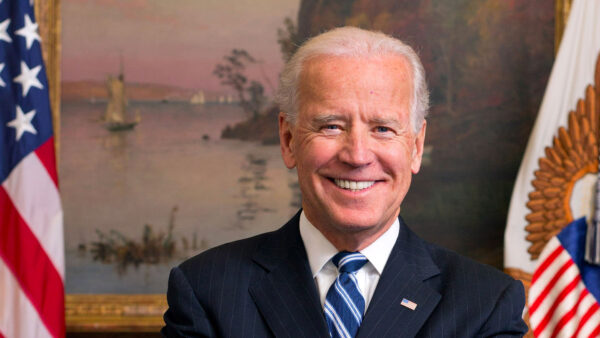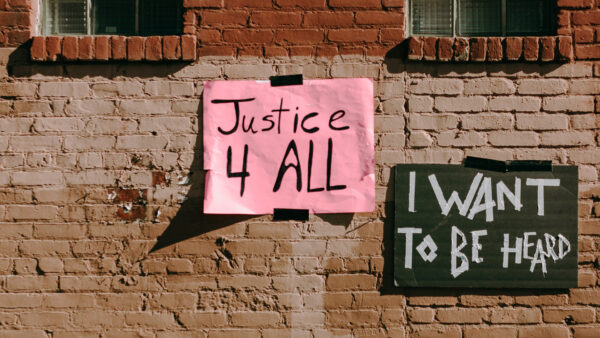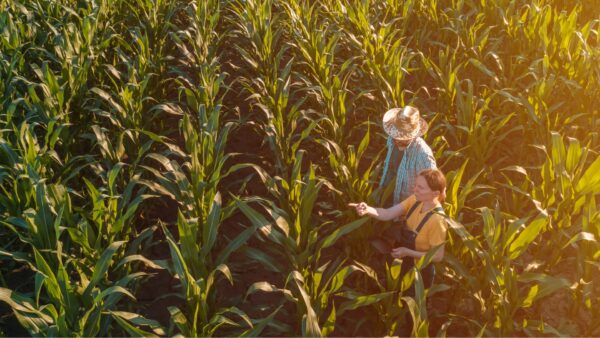5 reasons we need to stop the deforestation of the Amazon
Deforestation of the Amazon rainforest in Brazil has surged to its highest level since 2008, according to INPE, the country’s space agency. A total of 11,088 sq km (4,281 sq miles) of rainforest were destroyed from August 2019 to July 2020. This is a 9.5% increase from the previous year. In 2020 alone, amazon lost an area roughly the size of Israel, according to a recent report by Amazon Conservation Association and Monitoring the Andean Amazon Project or MAAP. Experts warn that unchecked deforestation in the Amazon basin, which encompasses nine countries in South America, could trigger a tipping point in the world’s largest tropical rainforest within decades.
If current trends continue, the loss of the Amazon rainforest (equated to the lungs of the world) will have a drastic impact on the world we live in, affecting the climate, accelerate global warming and impact the whole wider world.
Learning more about the impact of Amazon deforestation on the world will hopefully spark a call for action to push this to the front of the agenda.
Protecting the World’s Lungs
It is no secret that trees and plants absorb carbon dioxide, and the Amazon thrives on this to make it the key ecosystem that it currently is. The Amazon is one of the densest forest areas in the world, with thick trees containing 90 – 140 billion tons of carbon. If the forest were to be cut down, this would release an equivalent of 10 to 15 years of global man-made emissions into the atmosphere. This would immediately accelerate climate change, affecting all corners of the world. The amazon is literally the world’s lungs,

Protecting the indigenous people
As well as the housing around three million animal and plant species, the Amazon is also home to many of the indigenous peoples of the continent. It is believed that over a million indigenous people from about 500 tribes live within the Amazon rainforest, most of whom have never had contact with the outside world. Destroying the forest would directly destroy the lives of a million indigenous people – one of the last few in the world.
Loss of key medicinal resources
With modern medicine curing more diseases than ever, the loss of the Amazon would greatly disrupt this process and risk human health. Medicine depends on the riches of the Amazon, with 90% of human diseases being treatable from drugs derived from the Amazon. Currently, as many as 121 prescription drugs, are taken from plants that can be found in the Amazon. These drugs have been crucial in helping to treat cancer, leukemia, heart disease, and malaria.
With many plants still yet to be tested for their medical potential, the potential to save lives would be lost alongside the Amazon.

A decline in fresh water
The Amazon is one of the biggest hubs for filtering and regulating the flow of freshwater. The water from the amazon river moves into the oceans, regulating its currents and influencing the overall climate. Each second, the Amazon River discharges 175,000 cubic meters of fresh water in the Atlantic Ocean, while providing water and resources to millions of trees, animals, and humans along the way. Trees also suck up moisture from the soil and release water vapour in the atmosphere through their leaves. Deforestation in tropical forests in the African Congo basin, southeast Asia and particularly the Amazon could lead to droughts on the other side of the world!
Prevent climate change
The more the Amazon is cut down, the less rain the region will see. Rain is a vital part of the Amazon’s ecosystem and this ripple effect would prompt an additional shift in the global weather patterns and currents. A study by Global Forest Watch found that if tropical tree cover loss continues at this current rate it will be nearly impossible to keep warming below 2-degrees, let alone the goal of 1.5-degrees.
The current crisis is not just exclusive to the Amazon. It is a global problem. Although rainforests only cover about 6% of the planet, the natural resources they provide are irreplaceable. Forests are home to more than half of the world’s land-based species, over 1 billion people, relying on it for survival. Forests are the second-largest storehouses of carbon and we are losing them at a rapid rate. We need to urgently change how we manage our forests for the better or risk more than a climate catastrophe.










